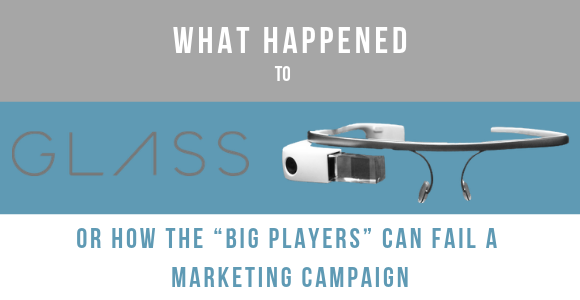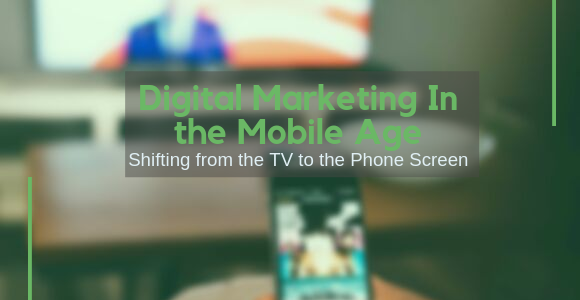I’m starting with a question today. As a tech person, is there anything you cannot like about wearing a computer like a regular pair of glasses? Imagine taking photos, sending texts and tweets, looking up for information (every student’s dream), and navigating without walking into a tree, just by wearing glasses. It’s like playing a video game in real life…
Back in 2012, Google Glass was announced and was supposed to do all that. And it actually did. It was available to developers and testers by 2013 and just a year later, everyone could have this wearable computer for $1,500. The question is…
Why Did Google Glass Fail to Reach the Wide Market?
Was it because of poor marketing or because it was just not as good as advertised?
I wouldn’t say it was “poor” marketing, and the product did exactly as advertised. In fact, Google Glass had a huge P.R. campaign. But then again, despite all the money and smart people in glasses (pun intended), their marketing is still kind of.. well, off.
Having said that, Google Glass was launched in an alternative way. It had early adopters and a bunch of celebrities wearing and advertising them. This includes 2 Chainz, Kelly Osbourne, Prince Charles, etc… How could this go wrong?
Mainstream Advertising Is a Must
At least when you’re launching an expensive global product…
It’s not enough to make famous people wear your new expensive gadget. It worked with “Beats by Dre” but everyone knows how good of a producer Dr. Dre is and nobody needs additional information about what a regular pair of headphones can do.
Google Glass simply lacks a clear explanation of why people need it
When you’re introducing something completely new to the world, you need to be extremely clear about telling the public why your product is great. Of course, one shouldn’t go too far when emphasizing on tons of features. Either way, saying too much or nothing at all would just confuse the mass user, and if you make your target audience spend time on figuring out why your product is great and what exactly one can do with it, you’ve already lost the battle.
And this is what happened to Google Glass…
They let the celebrities and beta testers do the talking. Sure, people love celebrities, but when your marketing campaign relies on famous people use your product, you lose the privilege to be in control of the message.
The message should be clear, the message should sell…
How do you send a clear message you may ask? Take a look at North’s Focals – the “smartest pair of glasses” you can possibly purchase. North designer, Marie Stipancik had a clear picture of what this product should look like from the very beginning and namely something a “professional with a busy personal life” would wear all day.
I wouldn’t go into more details about this Canadian startup, but the point is –
Even big players like Google can fail a marketing campaign of a product that is worth having.
Welcome to the 21st century, where everyone has a say in everything and everyone can achieve anything when done right. Also, never underestimate the power of digital marketing. Stay tuned for more articles like this one!







